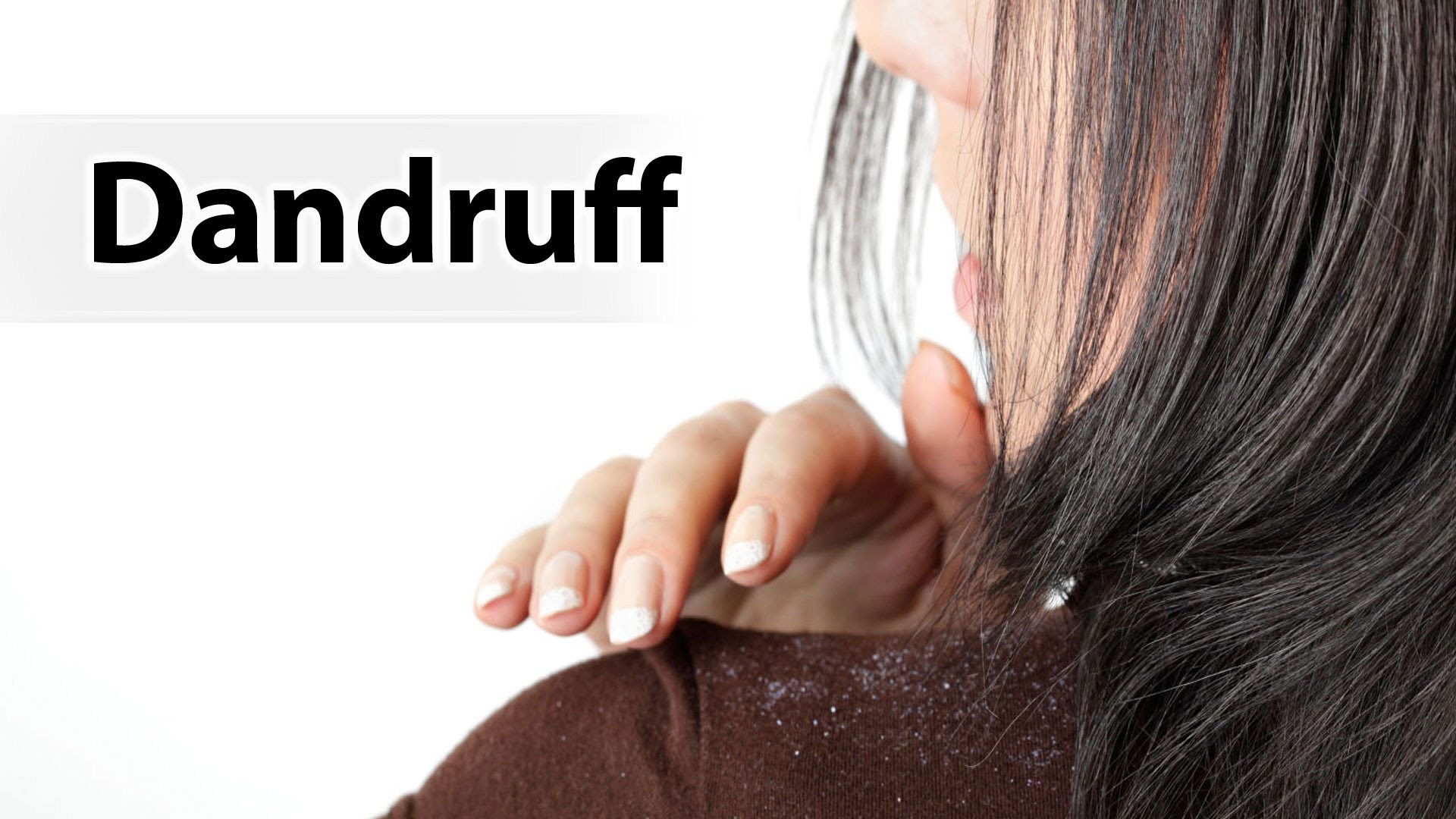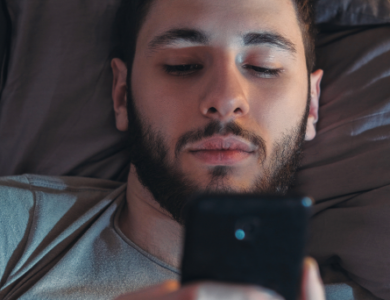Struggling with Dandruff? These Celebs Have Too—And Here’s How They Beat It!

Dandruff is a common scalp condition that causes flakes of skin to appear in the hair and on the shoulders. While it’s not contagious or serious, it can be embarrassing and difficult to treat. In this comprehensive guide, we’ll cover everything you need to know about dandruff, from causes and symptoms to treatments and preventive care.
Overview
Dandruff affects nearly 50% of the global population at some point in their lives. It typically manifests as dry, white flakes on the scalp and can lead to itching and irritation. Although dandruff is often a cosmetic issue, it can impact self-esteem and confidence if left untreated.
Key Facts
- Affects 1 in 2 people worldwide.
- Common in adolescents and adults but can affect any age group.
- More frequent in men than women.
- Not a sign of poor hygiene, though lack of scalp care can exacerbate it.
Symptoms
- Flaky skin on the scalp, hair, and shoulders.
- Itching in the affected area.
- Red, irritated scalp in severe cases.
- Oily or dry patches on the scalp.
Causes
Dandruff can stem from various factors, including:
- Seborrheic Dermatitis: A condition marked by oily skin and irritation.
- Malassezia Fungus: A yeast-like fungus that feeds on oils in the scalp, contributing to excess skin cell growth.
- Dry Skin: People with dry skin often experience small, dry flakes.
- Hair Care Products: Sensitivity to certain products can lead to contact dermatitis, triggering dandruff.
- Dietary Deficiencies: Lack of nutrients like zinc, vitamins B6 and B12 can exacerbate dandruff.
Risk Factors
- Age: Dandruff typically begins in early adulthood and continues through middle age.
- Gender: Men are more prone to dandruff due to larger sebaceous glands.
- Oily Scalp: Excess oil can encourage fungal growth, worsening dandruff.
- Certain Health Conditions: People with conditions like Parkinson’s disease and weakened immune systems are more prone to dandruff.
Diagnosis
A dermatologist can diagnose dandruff through a physical exam of the scalp. In some cases, a biopsy or skin sample may be taken to rule out other skin conditions like psoriasis or eczema.
Celebrities Affected
Even public figures and celebrities like Jennifer Aniston and Selena Gomez have been open about dealing with dandruff. Their willingness to talk about it has helped de-stigmatize the condition.
Prevention
Preventing dandruff involves maintaining a healthy scalp and adopting a few simple habits:
- Wash hair regularly: Use a gentle shampoo to keep the scalp clean and free of excess oil.
- Use specialized dandruff shampoos: Products containing ingredients like zinc pyrithione, selenium sulfide, or salicylic acid can help.
- Avoid stress: Stress can trigger dandruff flare-ups.
- Limit hair styling products: Excessive use of gels and sprays can contribute to oil buildup on the scalp.
Specialist to Visit
For severe or persistent dandruff, visit a dermatologist. A specialist can assess your scalp, recommend appropriate treatments, and rule out other skin conditions.
Treatment
- Medicated Shampoos: Products with zinc pyrithione, ketoconazole, or selenium sulfide reduce fungal growth and control flakes.
- Topical Steroids: In severe cases, a doctor may prescribe corticosteroids to reduce inflammation and itching.
- Lifestyle Adjustments: Eating a balanced diet rich in nutrients, staying hydrated, and managing stress are essential to long-term control.
Home-Care Tips
- Coconut Oil: Massaging the scalp with coconut oil can reduce dryness and flakiness.
- Aloe Vera: Known for its soothing properties, aloe vera can reduce itching and irritation.
- Tea Tree Oil: With antifungal properties, tea tree oil can help fight the Malassezia fungus.
- Baking Soda: Gently exfoliates the scalp and reduces oiliness.
Complications
Though dandruff itself doesn’t cause serious health issues, neglecting it can lead to:
- Infection: Scratching an itchy scalp can cause open wounds, increasing the risk of infection.
- Hair Loss: Severe dandruff, coupled with frequent itching, can weaken hair follicles, leading to hair loss.
Alternative Therapies
- Apple Cider Vinegar: Its acidic nature may help balance the scalp’s pH and reduce fungal growth.
- Probiotics: Studies suggest that consuming probiotics may reduce dandruff by supporting a healthy immune system.
- Herbal Shampoos: Shampoos with natural ingredients like neem, tea tree oil, and rosemary are popular alternatives to chemical-based products.
FAQs
- Is dandruff contagious? No, dandruff is not contagious. It is a skin condition linked to various causes but does not spread through contact.
- How often should I wash my hair if I have dandruff? Wash your hair 2-3 times a week with a medicated shampoo to manage dandruff effectively.
- Can dandruff lead to permanent hair loss? In most cases, dandruff does not cause permanent hair loss. However, severe scratching and infection can lead to temporary hair thinning.
- Is it possible to completely cure dandruff? Dandruff is a chronic condition for many people. While treatments can control symptoms, it may recur without ongoing care.
References
- American Academy of Dermatology. (2023). Dandruff: Causes, Symptoms, and Treatments.
- Mayo Clinic. (2022). Dandruff: What You Need to Know.
- WebMD. (2023). How to Treat and Prevent Dandruff.






